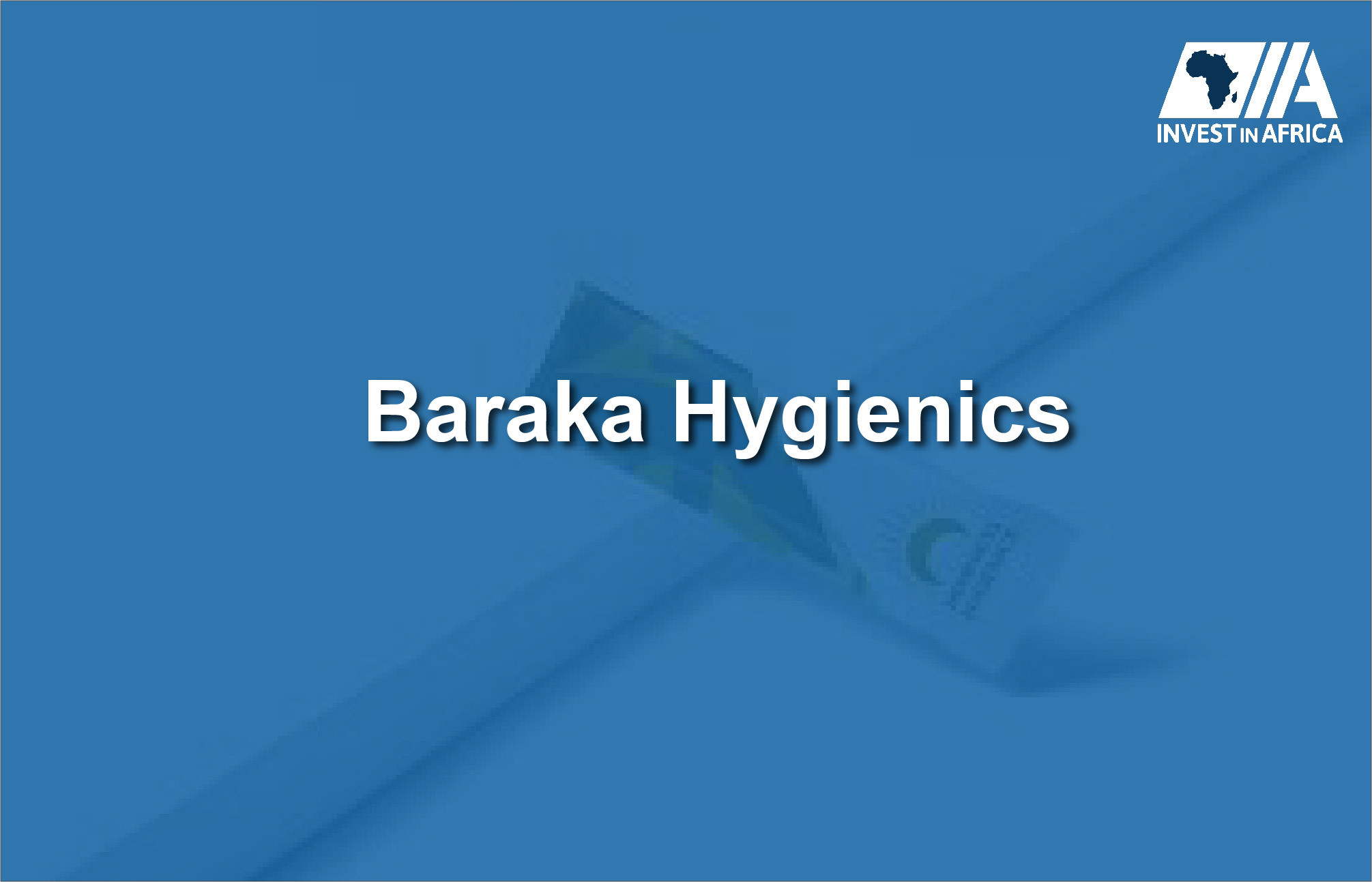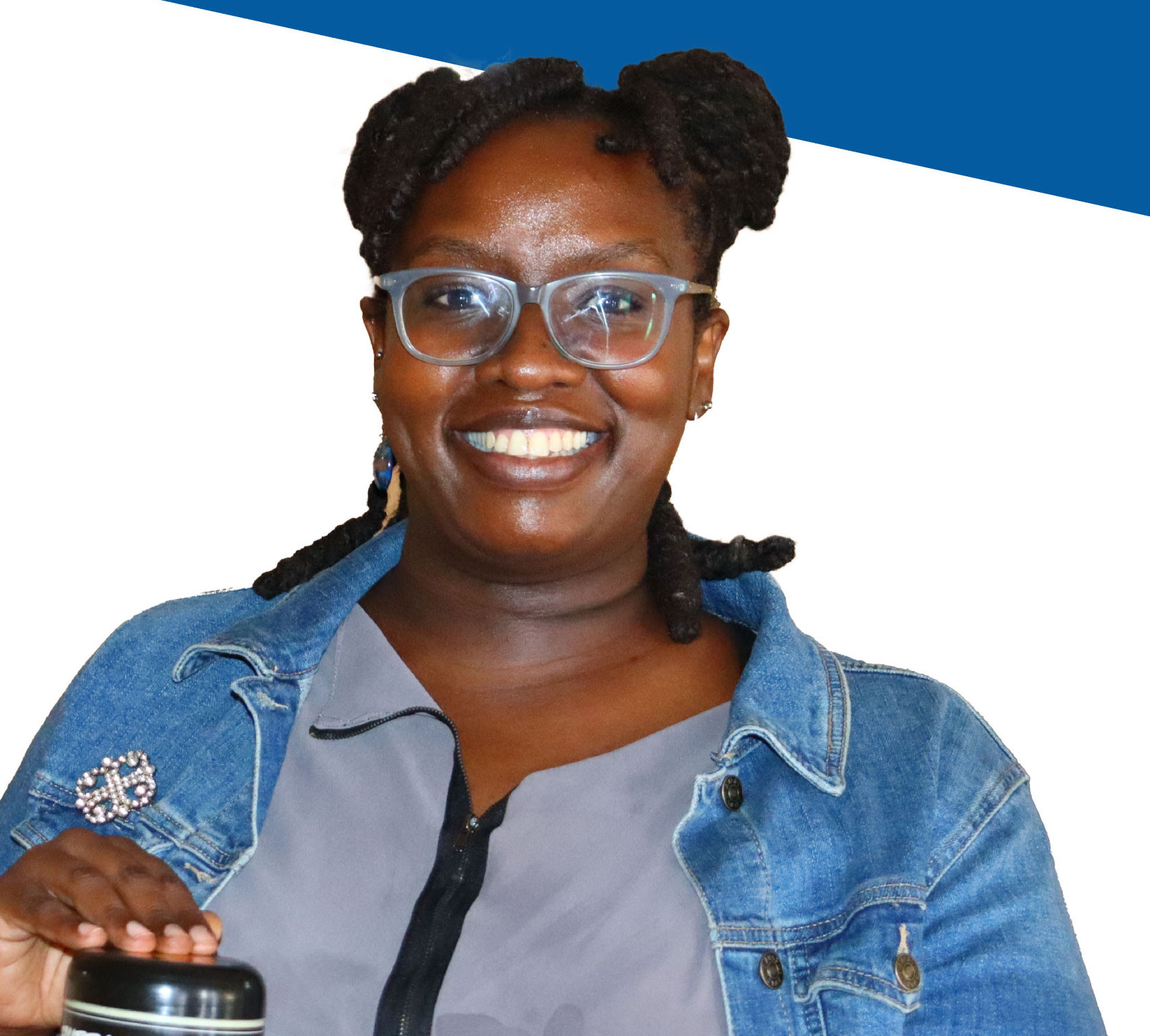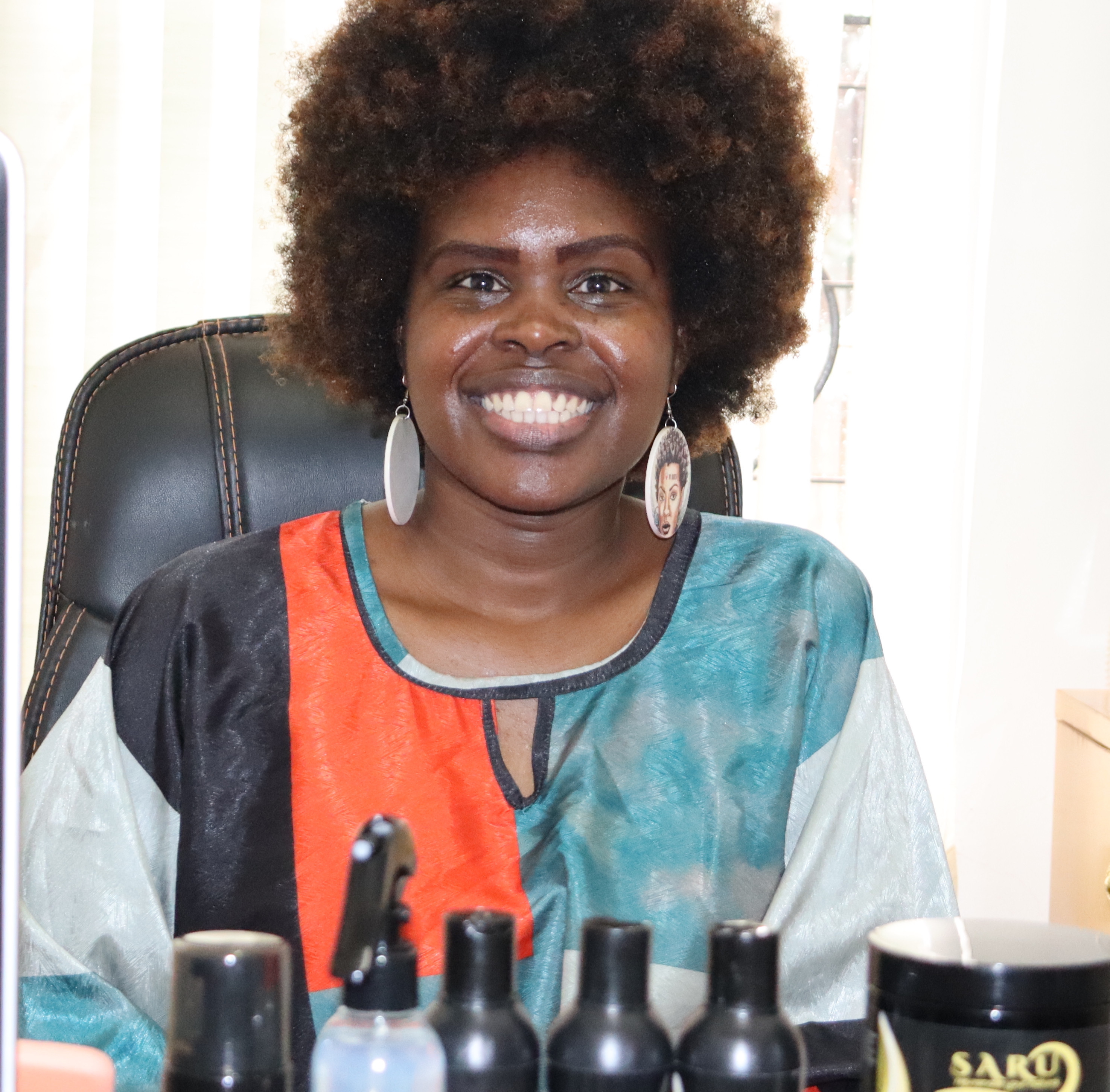Baraka Hygienics: Navigating a Transformative ESG Journey Empowered by Women SMEs Sustainability Program

Elsie's journey took a profound turn when she joined the spearheading sustainability program for women SMEs. This program, a collaboration between Invest in Africa and the World University Service of Canada (WUSC), was meticulously crafted to empower women SMEs with the knowledge and tools needed to embrace and adopt ESG sustainability practices in their businesses. Reflecting on the program, Elsie shared, "It helped me in analysing my business and gave me a roadmap as to where it is, which gave me an opportunity to identify gaps that were in my business."
A significant recommendation stemming from the program's analysis was the imperative pursuit of certifications and permits. This strategic move not only fortified the credibility of Baraka Hygienics but also displayed an unwavering commitment to quality and sustainability. The program also equipped her with knowledge about voluntary certifications and the intricacies of developing and articulating obligations related to ESG (environmental, social, and governance) affairs.
Through the program, Elsie gained a profound understanding of the importance of obtaining fire and safety certificates—an essential aspect she had overlooked before. She also learned the significance of creating an ESG commitment framework, outlining the sustainability of her business and the value it brings to clients. The program's insights empowered Elsie to scrutinize her suppliers, deliberately selecting those who aligned with ESG principles. "Before training, I had like 5 different suppliers, but through this training, I had to check if my suppliers are ESG compliant and narrowed down to 2," Baraka added.
An illuminating industrial visit to "Taka Taka Ni Mali," an organization contributing positively to the advancement of sustainable development by organizing the ecosystem to ensure its greenness and cleanliness, afforded Elsie a firsthand look at the practical implementation of ESG in factories. This experience was invaluable, shaping her understanding of how ESG practices should be applied in real-world scenarios.
The program broadened Elsie's perspective on the Sustainable Development Goals (SDGs), leading her to realize that her business could contribute to more than just one goal. While initially focusing on SDG 6 (Clean Water and Sanitation), Elsie discovered that her business also significantly impacted SDG 1 (No Poverty). "By employing three individuals earning not less than $1.25 per day, I believe Baraka Hygienics is on the journey of contributing to this SDG," Elsie elaborated.
Embracing the core concept of ESG, Elsie initiated a forward-thinking plastic waste reduction strategy. "Customers now receive discounts for refilling or exchanging bottles, encouraging a sustainable and eco-friendly approach to packaging. Baraka Hygienics' commitment to waste reduction extends to the purchase of raw materials in 5L containers, promoting the reuse of packaging and minimizing environmental impact."
The tangible outcomes of Elsie's commitment are glaringly evident—increased income and improved waste management. By applying the skills she acquired from the program, she not only transformed her business but also emerged as a beacon for sustainable practices in the cosmetics industry.







